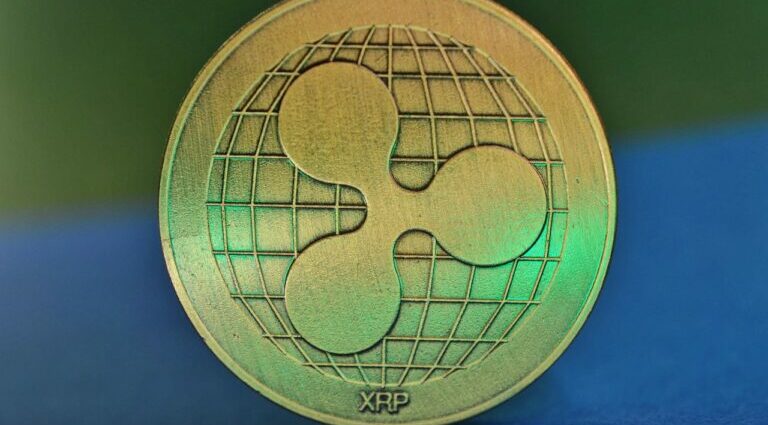Earlier today (17 July 2023), Jeremy Hogan, a partner at the American law firm Hogan & Hogan, who has been closely following and commenting on the U.S. SEC’s lawsuit against Ripple, commented on either party’s likelihood of appeal.
To recap, the lawsuit initiated by the SEC in December 2020 alleged that Ripple Labs and its executives Bradley Garlinghouse and Christian A. Larsen unlawfully offered and sold securities, contravening Section 5 of the Securities Act of 1933. After a series of hearings and deliberations, Judge Analisa Torres, a district judge at the United States District Court for the Southern District of New York, gave her ruling on July 13, 2023.
As CryptoGlobe reported, according to the ruling, the court granted the SEC’s motion for summary judgment concerning the Institutional Sales but denied it for other matters. On the other hand, the court granted Ripple’s motion for summary judgment regarding the Programmatic Sales, the Other Distributions, and the sales made by Larsen and Garlinghouse. However, the court denied Ripple’s motion concerning the Institutional Sales. As for the SEC’s motion for summary judgment on the aiding and abetting claim against Larsen and Garlinghouse, it was DENIED.
Hogan explained at the start of his Twitter thread that he often receives questions about the possibility of appeals in this case, prompting him to share his thoughts on the matter.
Hogan began by discussing the timing of appeals. He pointed out that appeals typically occur after a case has reached its conclusion. Given that the SEC vs. Ripple case is still in progress, it’s not at the stage where an appeal would usually be considered.
He then moved on to discuss the specifics of filing an appeal. According to Hogan, after a “final” judgment is entered, either party has 60 days to appeal. However, since a final judgment has not yet been reached in the SEC vs. Ripple case, any appeal of Judge Torres’ Order would be considered an “interlocutory appeal,” which, according to the rules Hogan referenced, must be noticed within ten days.
Hogan explained that interlocutory appeals are rarely granted. They are typically considered when allowing discovery would reveal sensitive information. He also noted that Judge Torres could have certified her ruling for review to the appellate court if she believed it was controversial or required immediate review. However, she did not do this, which Hogan sees as an indicator that such an appeal might not be granted.
Hogan then discussed the likelihood of either party appealing. He noted that while many attorneys believe the SEC will appeal, he personally thinks that neither side will appeal. He reasoned that appeals are challenging to win, and the SEC has more to lose than gain by appealing. If the SEC were to lose at the appellate level, every court in the 2nd DCA would be required to follow the decision, potentially escalating the situation.
As for Ripple, Hogan suggested that they probably won’t appeal if they can pay the fine and if the ODL part of the ruling doesn’t disrupt their business. He also humorously noted that “only losers appeal,” and in this case, Ripple won.
In conclusion, Hogan shared that the SEC might have difficulty addressing the secondary market sales part of the argument on appeal due to how Judge Torres framed her ruling. However, he admitted that he hasn’t fully formed his thoughts on this aspect and ended his analysis there.
Featured Image Credit: Photo / illustration by vjkombajn via Pixabay
Source: Read Full Article
-
Elon Musk to launch truth-seeking artificial intelligence platform TruthGPT
-
JPMorgan subsidiary Chase UK to restrict crypto transactions
-
Nifty News: Building bridges in the Metaverse, elaborate Apes scam and more
-
Zero transfer scammer steals $20M USDT, gets blacklisted by Tether
-
Privacy should be considered in ‘potential retail CBDC’ — Treasury official

